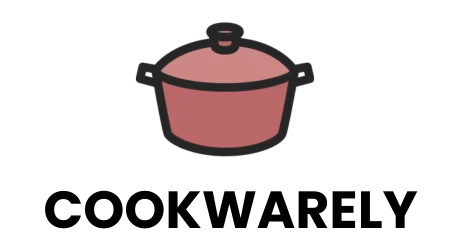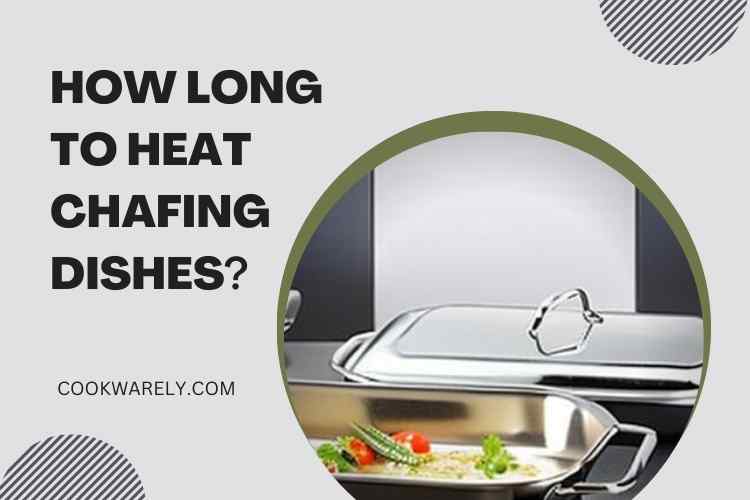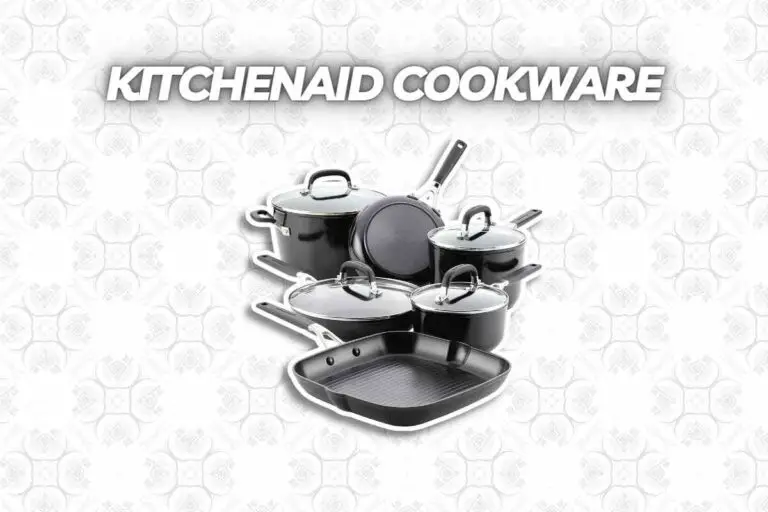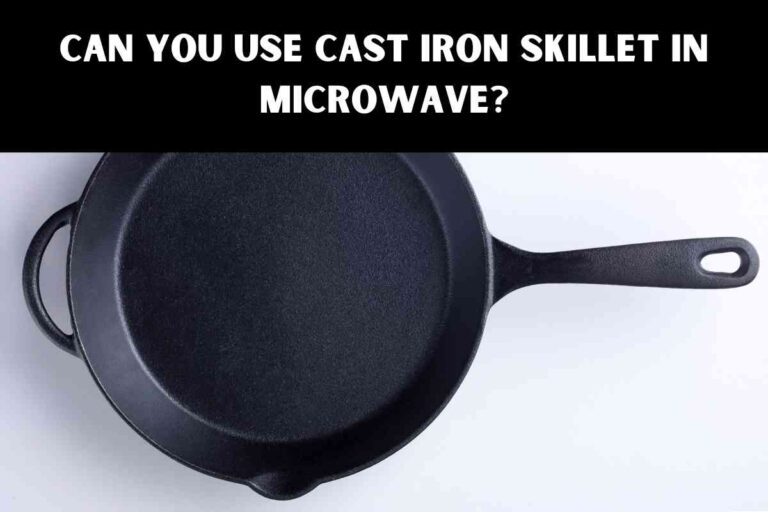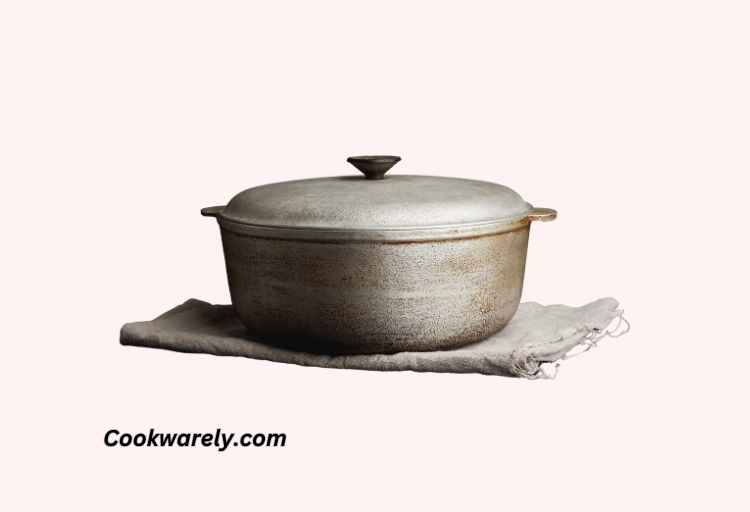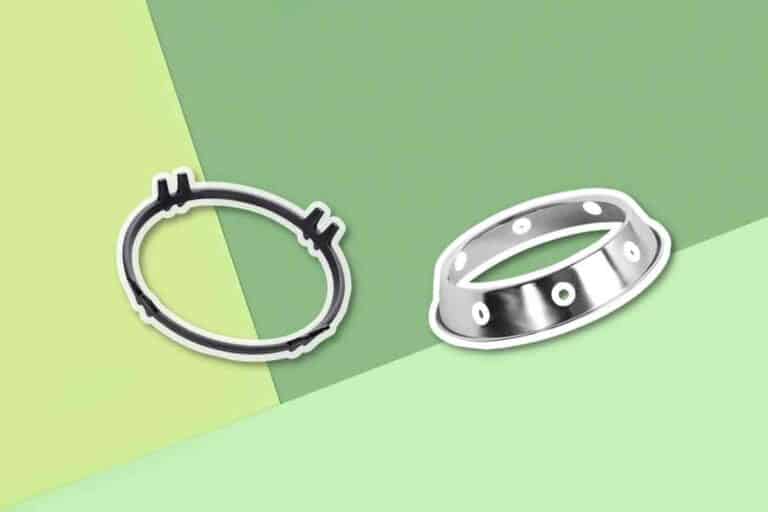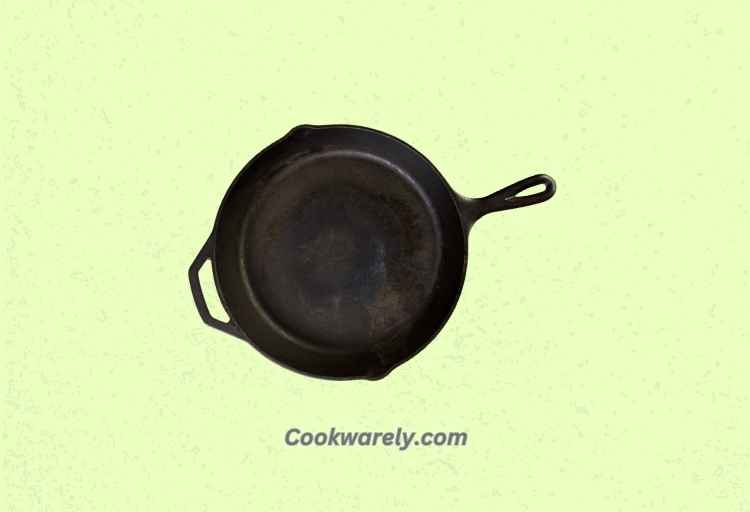Can You Put Cast Iron In The Fridge? What You Need to Know
Taking care of your cast iron is important for its long life and safe cooking. Keep it seasoned, be gentle with temperature changes, and avoid moisture to enjoy your cast iron cookware to the fullest.
Cast iron can be placed in the fridge, but it’s not ideal for extended periods. Rapid temperature changes can lead to cracking, and moisture from stored food can cause rust and damage the seasoning. It’s best for short-term storage, ensuring the pan is cool and protected.
To place your cast iron skillet in the fridge, you should consider:
- First, make sure after cooking, let your cast iron cookware cool down to room temperature on a heat-resistant surface.
- Then, place a towel or paper towel on the fridge shelf to prevent direct contact between the cast iron and the shelf surface.
- Finally, store your cast iron cookware in the fridge for short-term periods, ensuring it’s covered or sealed to prevent moisture exposure.
5 Factors to Consider When Putting Cast Iron In The Fridge
| Factors to Consider | Details |
|---|---|
| Temperature Fluctuation | Rapid changes can lead to cracking. |
| Moisture Exposure | Extended exposure can cause rust and damage. |
| Food Interaction | Acidic foods can affect taste and seasoning. |
| Iron Sensitivity | Some individuals may be sensitive to iron. |
| Short-Term Storage | Ideal for brief periods, cool, and protects well. |
Key Takeaways
- Regularly season your cast iron cookware to create a protective layer that prevents rust and enhances its non-stick properties.
- Avoid extreme temperature changes, such as putting a hot cast iron pan in cold water, to prevent cracking or warping.
- Always keep your cast iron dry to prevent rust. Avoid leaving it wet or storing it in a damp environment.
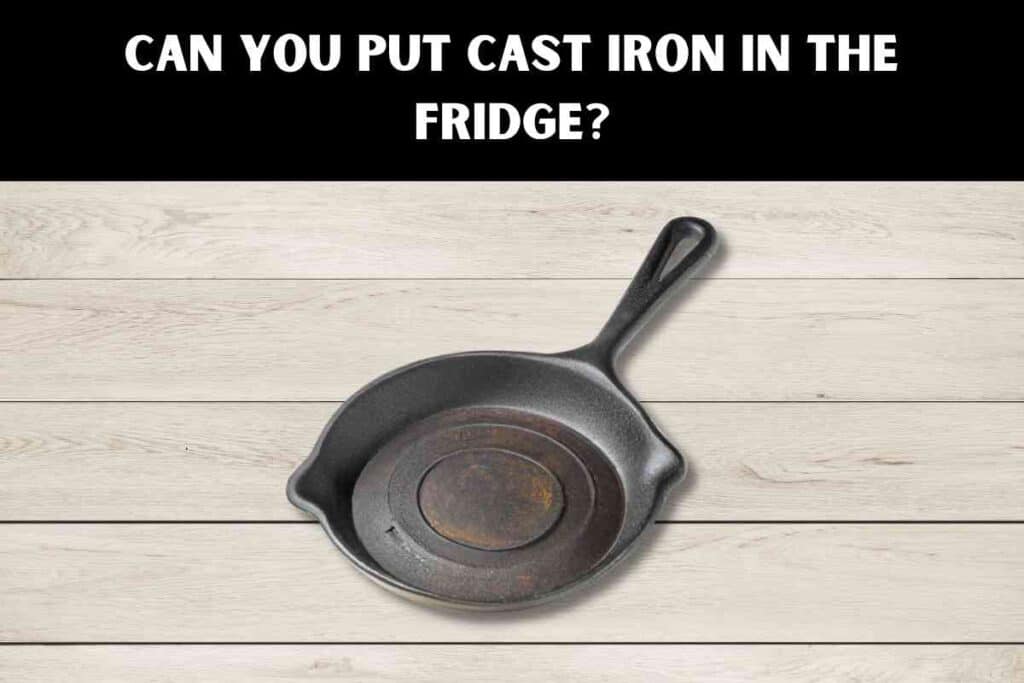
Facts About Putting Cast Iron in the Fridge
- Short-Term Storage: Cast iron can be safely stored in the fridge for short durations, such as overnight or for a day or two.
- Avoid Thermal Shock: Rapid temperature changes, like placing hot cast iron in the fridge, can lead to cracking, so allow it to cool first.
- Moisture Concerns: Prolonged exposure to moisture from stored food can cause rust and damage the seasoning of the cast iron.
- Acidic Foods: Be cautious when storing acidic foods in cast iron, as they can affect the taste and seasoning of the cookware.
- Iron Sensitivity: Some individuals may be sensitive to the iron leached from cast iron, so monitor your health if you store food in it for extended periods.
Can Cast Iron Go in the Fridge?
Cast iron can be put in the fridge, but it’s not ideal for extended periods.
Risk of Cracking: Avoid placing hot cast iron in the fridge or cold cast iron on a hot surface to prevent cracking.
Moisture Damage: Storing food in cast iron for a long time can introduce moisture, causing rust and harming its seasoning.
Acidic Foods: Be cautious with acidic foods in cast iron, as they can affect taste.
Iron Toxicity: For some people, storing food in cast iron can lead to iron toxicity.
Tips: To store food in cast iron in the fridge, allow it to cool, protect the shelf, and avoid long-term storage. Clean the skillet promptly after storing food overnight to prevent seasoning damage.
Can You Store Food in Cast Iron in the Freezer?
Cast iron can go in the freezer, but handle it with care to avoid cracking.
Storing food in a cast iron pan in the freezer is feasible, but it requires careful handling to protect the longevity of your cookware. Cast iron, like most materials, can be vulnerable to thermal shock.
This means that exposing a cold cast iron pan to sudden, extreme temperature changes, such as moving it directly from the freezer to a hot stovetop, can result in cracks or breakage. To prevent this, it’s essential to allow your cast iron pan to gradually warm up before use.
To safely use your frozen cast iron pan, take it out of the freezer and let it sit at room temperature for some time.
This gradual thawing process allows the pan to adjust to the temperature change without experiencing the stress that can lead to cracks. While cast iron’s excellent heat retention is a cooking advantage, it also makes it susceptible to rapid temperature shifts.
Therefore, patience is key when transitioning your cast iron pan from the freezer to the stovetop or oven.
Is It Safe to Leave Food in an Enameled Cast Iron Pan?
You can leave food in an enameled cast iron pan, but don’t leave it for too long.
Leaving food in an enameled cast iron pan is generally safe, but there are some important considerations to keep in mind.
Enameled cast iron is prized for its non-reactive surface, which means it won’t interact with acidic or alkaline foods, preserving the flavor of your dishes. However, it’s advisable not to leave food in the pan for an extended period, especially at room temperature.
While the enamel coating helps protect the pan from rust, prolonged exposure to food can still lead to taste changes and affect the quality of your meals.
To maintain the freshness of your food and the integrity of your enameled cast iron pan, it’s recommended to let the pan cool down to room temperature before refrigerating any leftovers.
This step helps prevent the growth of harmful bacteria and ensures your food remains safe to consume. Additionally, refrigeration helps preserve the flavors and textures of your dishes, making them enjoyable when you decide to reheat and enjoy them later.
In summary, while enameled cast iron is a versatile and durable cooking tool, it’s best to avoid leaving food in it for too long to ensure the longevity of your pan and the quality of your meals.
Is Consuming Rust Dangerous?
Rust on cast iron isn’t necessarily dangerous, but it’s best to avoid it.
Consuming small traces of rust from a cast iron pan is generally not considered dangerous. However, it’s advisable to avoid it whenever possible, as ingesting significant quantities of rust can potentially lead to rust poisoning, which may manifest with symptoms such as vomiting and diarrhea.
While the occasional exposure to rust is unlikely to cause harm, it’s essential to maintain your cast iron cookware properly, keeping it well-seasoned and rust-free to ensure safe and enjoyable cooking experiences.
Is the Smell of Food Reacting to Cast Iron Dangerous?
The metallic smell from food reacting to cast iron is not typically dangerous.
The metallic smell that sometimes arises when food reacts with cast iron is generally not a cause for concern in terms of safety.
This odor occurs due to the natural reaction between certain foods, particularly acidic ones, and the iron in the cast iron cookware. While it might not be the most pleasant scent, it’s not typically dangerous when experienced in normal cooking scenarios.
However, it’s essential to note that extreme and prolonged exposure to oxide fumes, such as those resulting from overheating cast iron, can theoretically lead to a condition known as metal fume fever.
Nevertheless, this is highly unlikely to occur during typical cooking practices and should not be a significant concern for home cooks.
To ensure safe and enjoyable cooking with cast iron, maintaining proper seasoning and using the cookware within recommended temperature ranges are key considerations.
Can You Leave Water in Your Cast Iron Overnight?
Leaving water in cast iron overnight can cause corrosion damage.
Leaving water in your cast iron pan overnight is not advisable, as it can lead to corrosion damage. The key to preventing this issue lies in the seasoning of your pan.
Well-seasoned cast iron pans have a protective layer that makes them more resistant to rust and corrosion. To be safe, it’s recommended to leave water in the pan for no longer than 15 minutes.
After using it, promptly clean, dry, and re-season your cast iron pan to maintain its seasoning layer. It’s essential to avoid storing a wet cast iron pan as moisture can compromise its seasoning and potentially lead to rust formation.
Keeping your cast iron cookware dry and well-maintained will ensure its longevity and effectiveness in the kitchen.
Conclusion
Cast iron cookware is renowned for its durability and versatility, it requires careful handling to ensure its longevity and safe use.
Whether it’s storing food in the freezer, leaving it in an enameled cast iron pan, or managing moisture, these considerations help maintain the quality of your cast iron cookware and the safety of your meals.
By following these guidelines, you can continue to enjoy the benefits of cast iron cooking while avoiding potential pitfalls and ensuring your cookware serves you well for years to come.
